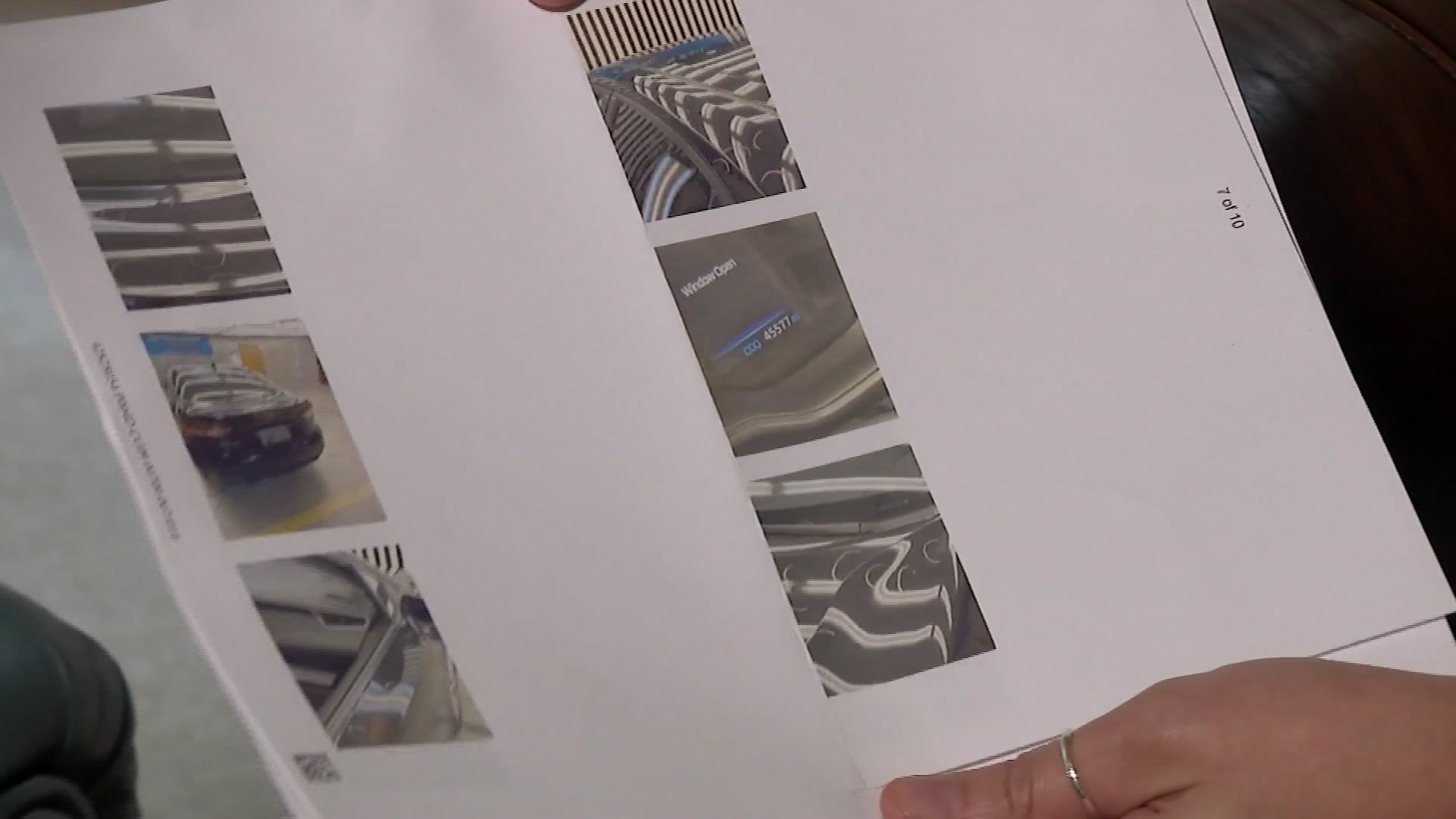When NBC 5 viewer Katie Black was ready to buy her dream home, she got an email from her mortgage company instructing her to wire the money to a bank account at Ohio-based Fifth Third Bank.
In an email to NBC 5 Responds Black said she wasn't suspicious because it appeared to be her loan officer's actual email. But the email was from a scammer, so she actually sent the money -- more than $200,000 -- to an account opened by a thief.
Cybersecurity expert Alain Espinosa said scammers pressure victims to wire money because it is an easy way for them to take your money and disappear.
And this particular one-two punch of crimes -- the email hacking and then the wire fraud -- is becoming more sophisticated.
Get top local stories in DFW delivered to you every morning. Sign up for NBC DFW's News Headlines newsletter.
This is their job... literally defrauding people
Alain Espinosa, cybersecurity expert
Scammers can spoof a bank or title company's email or phone numbers and send fraudulent wiring instructions. Many of these bad actors now use AI to help write their emails and correct grammar -- making it easier to sound legit. They may refer to events or dates that are real -- because remember, they've already hacked your emails, and they've been reading your messages.
And be aware that scammers often target people who might be in a situation to make a big purchase -- like with home-buying or construction costs.
NBC 5 Responds
Responding to your consumer needs and connecting you to your money.
"This is their job, " Espinosa said. "They go to work and they sit at call centers and actually spend the day contacting people via email, via phone, answering phones of people that have returned the call or the phone number that's in the email. And literally defrauding people."
In Black's case, the teller at the receiving bank was suspicious and put a hold on the account when someone came in to clean it out just a few days later. But even so, Black didn't get her money right away -- that's when she reached out to NBC 5 Responds for help.
Our consumer team discovered an error in how the banks were communicating and helped get the problem fixed.
Black ultimately got all her money back, but unfortunately, not in time to get that dream home.
But most people don't ever get their money back, and it's nearly impossible to identify who withdraws the money or to track them down later.
Take these steps before wiring money to anyone, especially after an email request:
- Pick up the phone, call your bank, realtor or the person you know at that company and ask to verify whether they made the request and to make sure the routing numbers are correct.
- Do not call the number in the email -- use numbers from your statements, contract or other documents you know to be legitimate
And if you do fall victim, let your wire service or bank know immediately, and request a wire recall.



